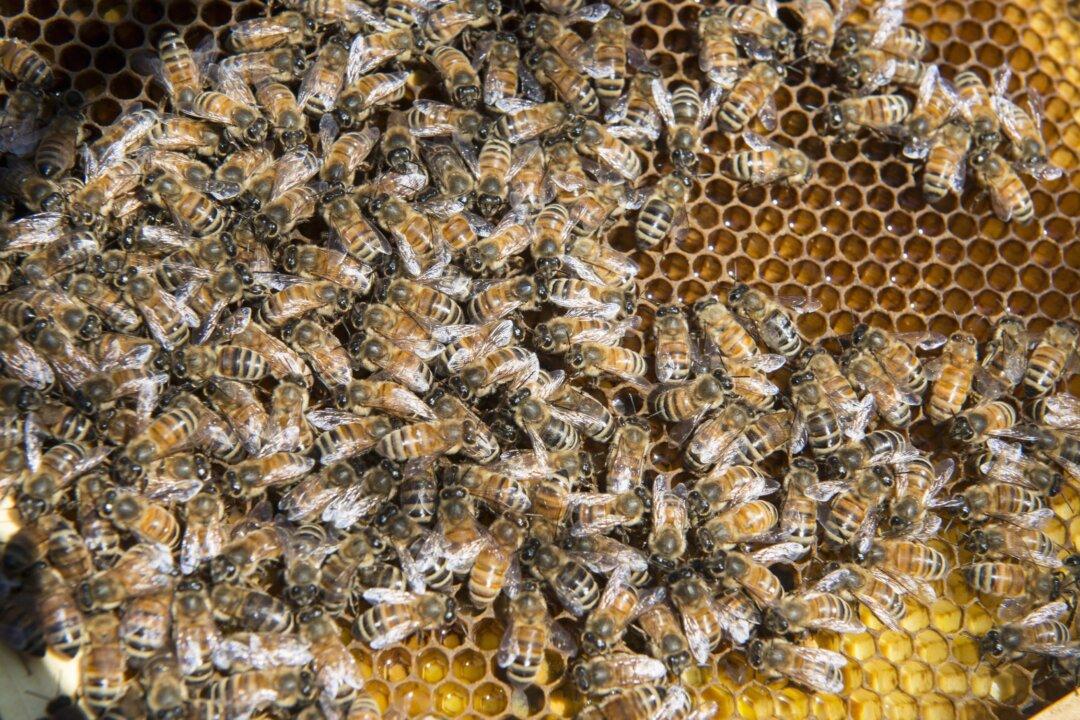A significant amount of bees in the Florida Keys have been killed due to the aerial spraying of the pesticide Naled, which is aimed at killing Zika virus-infected mosquitoes.
According to FLKeysNews.com, a large, unspecified bee die-off has been reported around the Keys. The spraying of Naled began after the first local case of Zika was spotted in the region.
“It’s not a fun sight to find 20 to 30 dead bees below each entrance (to a hive),” Key Largo beekeeper Dave Fowler told the website, elaborating on the effects of the controversial pesticide that left as many as 2.5 million bees dead in South Carolina.
Reports earlier this month indicated that millions of honey bees were killed off by Naled in South Carolina—which will likely impact the livelihoods of some beekeepers.
Fowler said the pesticide is “highly toxic” to not just mosquitoes, its intended target, but also bees and other insects. “The spraying is indiscriminate,” Fowler told FLKeysNews.com. “It kills butterflies and moths and every winged insect.”
“For the beekeeper, it’s a very upsetting thing. For the bees, it’s traumatic,” Fowler added.
It also creates a metaphorically—not just literally—toxic situation inside a beehive, as bees tainted with the pesticide won’t be let back inside by guard bees.
“Field bees returning to the hive with any taint are blocked by the guard bees, who fight to the death to keep them out,” he said. “Before a spray, you see the bees happily coming and going. After a spray, it turns into a war zone at the [hive] entrances.”
In South Florida, bee deaths were also reported.
“When we parked the car and I got out of the car, all I see is these things moving everywhere, and I looked down and they were all bees,” Sadie Kaplan, a witness, told WSVN-TV.
Also, in Lee County, Florida, residents noted hundreds of dead bees. “I mean there’s thousands of them all the time that live there,” Cape Coral local Mark Zidek told NBC-2.
Another man, Dennis Riggs, who lives in Alva, said his property was sprayed with Naled for possible Zika-infected mosquitoes, and like clockwork, he noticed dead bees. “We try to get them to use pesticides that aren’t as potent,” said Riggs.
About 71 locally transmitted cases of the Zika virus have been found in Florida, the U.S. Centers for Disease Control and Prevention said. Last month, Florida Governor Rick Scott announced the latest Zika zone—a 1.5 square mile area in Miami Beach.
Naled is not considered a threat to pets or humans when used appropriately, the CDC states.





